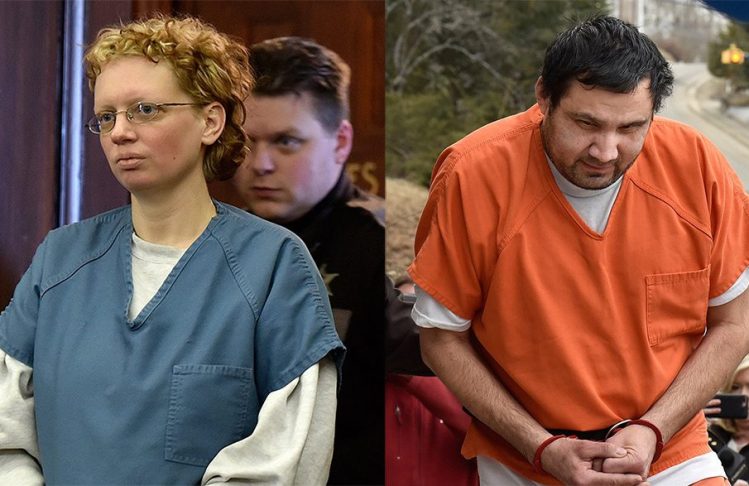Speaking publicly for the first time on the Feb. 25 beating death of a Stockton Springs girl, Gov. Paul LePage said there is a lot of blame to go around.
The departments of health and human services and education, caseworkers, local school districts and law enforcement all failed 10-year-old Marissa Kennedy, the governor told Newscenter Maine’s Don Carrigan. The problems are systemic, LePage said, reaching “all the way up to the Legislature.”
Not mentioned at all in the governor’s comments, however, was the governor himself. In a failure that reaches deep into state government, the chief executive for the last seven-plus years sees nothing he should have done differently.
If the Government Oversight Committee needs another reason why they should open an independent investigation into the state’s handling of child abuse cases, then they’ve got it.
The committee will meet Friday to decide if the Office of Program Evaluation and Government Accountability should examine child protective services under DHHS. We have said that they should in order to determine how the abuse against Kennedy was allowed to continue even though DHHS was involved in her case, and what that means for the thousands of other child abuse and neglect cases called into the state each year.
LePage’s comments show why an internal investigation, already underway, is not enough.
Everyone who came into contact with Kennedy failed her, the governor said Wednesday. But most of all it was a system backed by weak laws, he said, and that’s the fault of the Legislature.
LePage was apparently referring to a 2013 bill that would have required training for professionals mandated to report abuse and neglect while making failure to report a crime. The bill was altered, though, before it was passed and signed into law by the governor.
It’s unclear, however, whether mandatory reporting was the problem in Kennedy’s case. The superintendent of Bangor schools, where Kennedy attended in 2016-17, said concerns during that time were reported to DHHS. Police visited the home as well.
Meanwhile, there are other, more pertinent concerns that require further examination.
The state’s Child Welfare Ombudsman has included in her annual report each year since 2013 the need for DHHS to improve the assessments its conducts to determine whether a child is in danger. Those reports, which go to DHHS, the governor and the Legislature, do not appear to have been acted on.
And speaking to Press Herald columnist Bill Nemitz this week, a former child-abuse caseworker said the people in that position are given such a heavy caseload that it is impossible to give each case the time it requires. Is more funding needed? If it is, will the governor say so.
The governor hears what he wants to hear, and what he hears in this case — as in so many others — is that the problem may have been fixed if only the Legislature had listened to him. Any report overseen by his office has been compromised, as have been any recommendations for reform.
Changes to law may be part of any reform, but it’s clearly only part of it. It’s not the whole story, and the whole story is what we need.
Send questions/comments to the editors.


